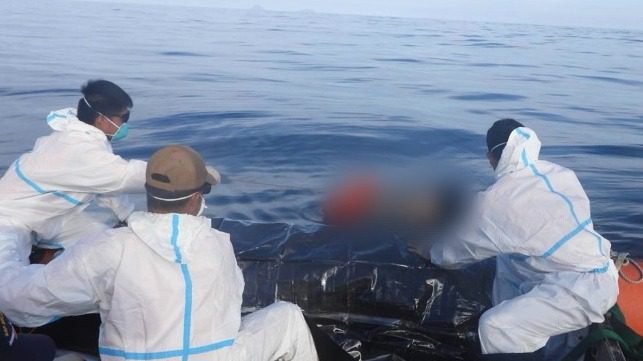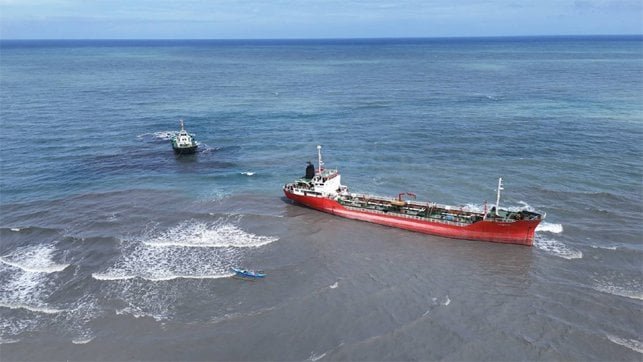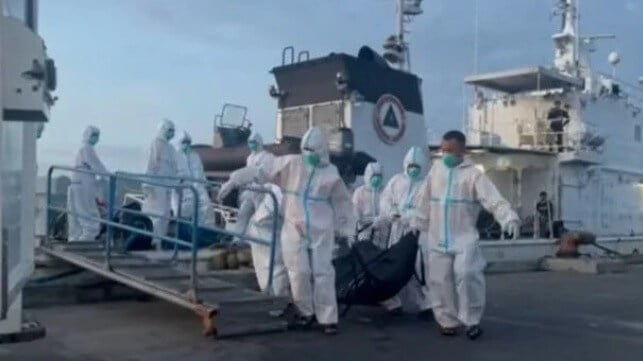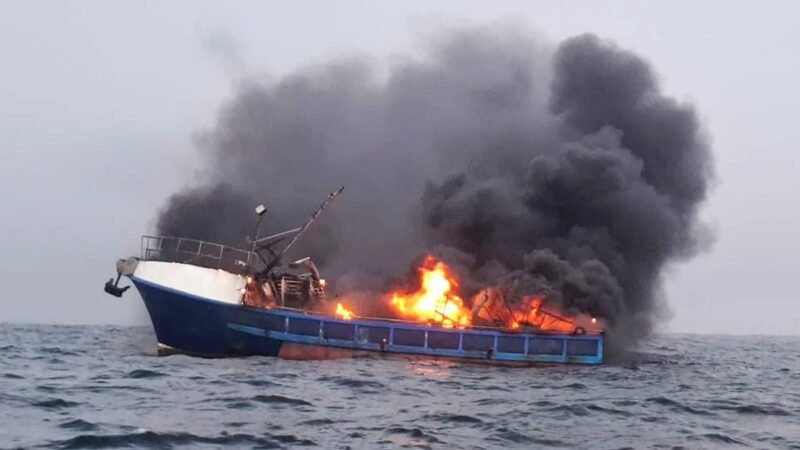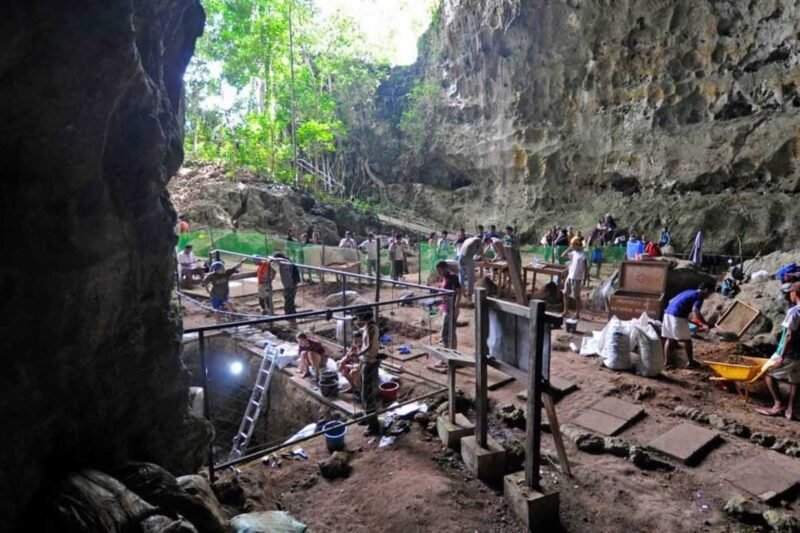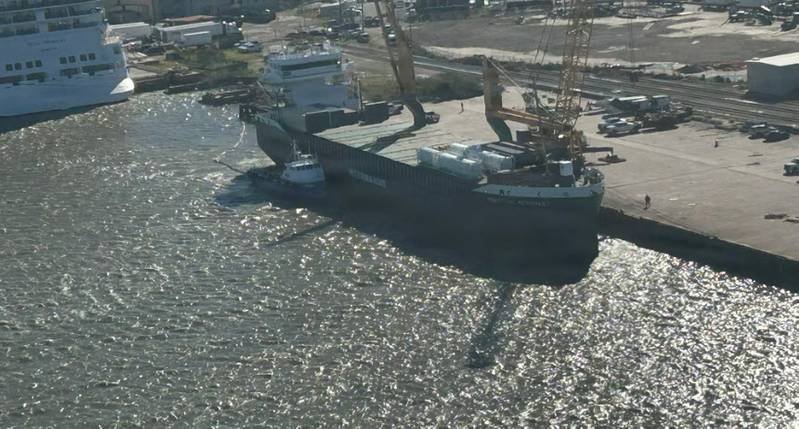Efren Dominico, a fisherman in the Bay of Manila, Philippines, faced an unprecedented challenge when an oil tanker sank off the coast in July, cutting him off from his livelihood. The motor tanker Terranova capsized and sank, carrying 1.4 million litres of oil, causing the largest oil spill in the country since 2006. This disaster, along with two more fuel tankers sinking, polluted the bay, a vital fishing ground and spawning area for small fish like sardines and mackerel. The Bureau of Fisheries and Aquatic Resources issued warnings against consuming seafood from the affected areas, leading to fishing bans that left fishermen struggling to survive.
The government took action to clean up the oil spill, but the fishing bans and reduced seafood demand plunged those in the fishing sector deeper into debt and hunger. Greenpeace Philippines highlighted the impact of the oil spill and climate crisis, emphasizing the country’s vulnerability to disasters. Despite the lifting of warnings by BFAR, fishing bans persisted in some areas, resulting in significant monthly losses for thousands of people in the fishing sector. Oil spills are a costly human-induced disaster in the Philippines, causing billions in damages and long-term environmental impacts.
Fishermen, like Dominico, expressed frustration over the lack of alternative income sources or aid before the fishing bans were imposed. They faced challenges in reviving fishing grounds and ensuring seafood safety in the aftermath of the disaster. The Pangisda association demanded compensation from the ship-owner and the state for income loss, criticizing the government’s response and calling for investigations into the authorities’ decisions leading to the disaster. Despite these efforts, many fishermen remained skeptical about receiving timely assistance, highlighting the ongoing struggles faced by fishing communities in the Philippines.
Share it now







